Sanger Institute spin-outs
Formation of new companies for societal benefit
The Sanger Institute has a culture and history of developing innovative large-scale platform technologies. Several of these are now being further developed and commercialised by our spin-out companies. They represent an important step towards providing societal benefit in today’s healthcare sector, bringing our science out into the world to solve real-world challenges. You can learn more about them below.
You can also learn more and read about our other transaltional work by vising our Case Studies page.
Mosaic TX
Mosaic Therapeutics Ltd is the latest spin-out company from the Wellcome Sanger Institute. It was formed in 2020, by Mathew Garnett and Adrian Ibrahim with the aim of applying a decade of ground-breaking work in the Sanger Institute’s Translational Cancer Genomics Laboratory to identify selective vulnerabilities in cancer cells that can be exploited therapeutically. With initial seed investment from Innovate UK, MOSAIC is able to develop a world-leading target identification and prioritisation capability based upon patient-derived WGS-characterised cellular models, synthetic lethal CRISPR screens, and cutting-edge analytics. In 20201 and beyond, the company aims to fundraise in order to scale its operations and pipelines, securing new partners along the way.
Mosaic's becoming was one of effort and collaboration. Read about it in our blog.
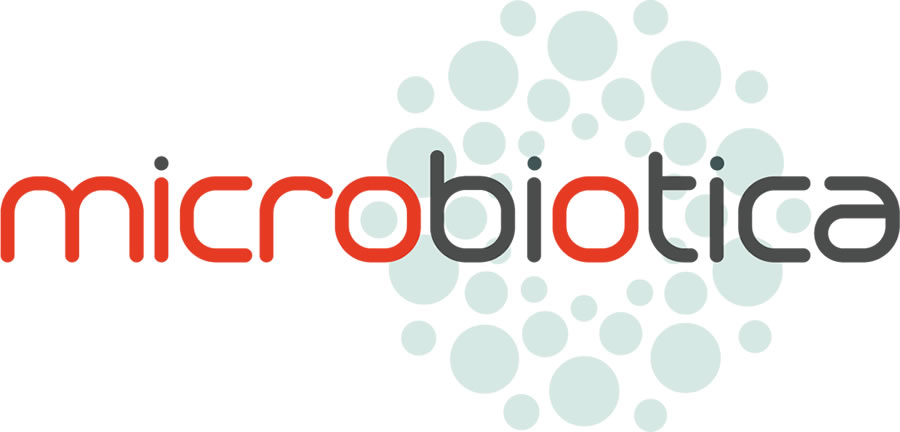
Microbiotica
Microbiotica was spun out from the Sanger Institute in 2016, the company received its funding from Cambridge Innovation Capital (CIC) and IP Group to use the latest discoveries in the characterisation of our bacteria and their role in health and disease to develop bacteriotherapy - a radical way to treat disease using the bacteria themselves.
Learn more about Microbiotica and the efforts to spin out this work.
Congenica
Congenica develops products and services for the interpretation of genomes, with a focus on rare diseases. Congenica's first product, Congenica® is built upon world-leading technology developed by the Wellcome Sanger Institute, including the work of Dr Richard Durbin and Dr Matthew Hurles scientific leaders respectively of the 1000 genomes project and of the ‘Deciphering Developmental Disorders’ (DDD) study, the world’s largest, nationwide genome-wide rare disease sequencing programme.
How did Congenica come to be? Read our case study to learn more.
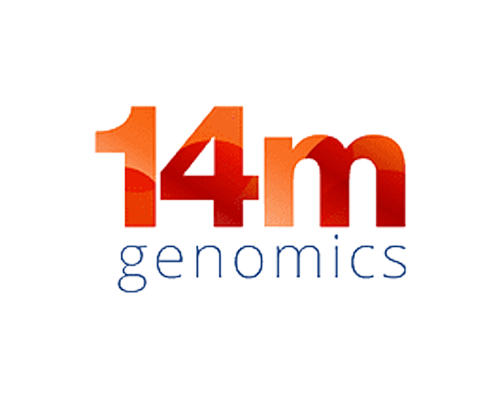
14M Genomics
14M Genomics was a Sanger spin-out founded in partnership with Syncona in 2014. Its aim was to provide a reference base to enable diagnostic and prognostic stratification of patients, helping to guide treatment decisions for oncologists and patients. The company collaborated with European clinical partners in studies to generate linked clinical genomic datasets using cancer gene panel and other technologies. It is now closed.
VHsquared Ltd
VHsquared Ltd. developed oral biologics for immuno-inflammatory targets in the gastrointestinal tract. The company identified, screened, selected, and engineered Vorabodies, a transformational therapy for the treatment of inflammatory bowel disease. It used its Vorabody platform to generate potent protease resistant domain antibodies for oral administration. The company was incorporated in 2010 and wound down in 2022.
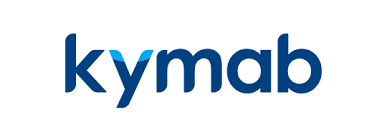
Kymab
Kymab was founded by Professor Allan Bradley, FRS, in 2010, based on developments in his laboratory at the Wellcome Sanger Institute. Raising $30m of equity financing in 2010 from the Wellcome Trust Investment Division has enabled the development of the KymouseTM platform and the creation of a portfolio of therapeutic assets. The KymouseTM platform encompasses the entire diversity of the B lymphocyte component of the human immune system. Kymab has around 100 staff and is headquartered on the Babraham Research Campus, three miles from Cambridge Biomedical Campus, the MRC Laboratory of Molecular Biology and Addenbrooke’s Teaching Hospital.
Read our case study to learn more about Sanger's first ever spin-out.
Other companies building on Sanger tech and talent
We have partnered with others to enable the use of technologies initially developed at Sanger. We also support the entrepreneurial drive of Sanger’s staff and alumni.
For example:
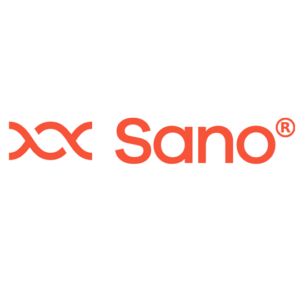
Sano Genetics
Sano Genetics’ platform helps research teams accelerate trials by integrating genetic testing, recruitment, and long-term engagement into one platform. By streamlining operations, Sano can enhance enrollment speed and accelerate research into personalised medicine.
Their Co-Founders, Patrick Short, Charlotte Guzzo and William Jones were PhD fellows at the Wellcome Sanger Institute and three of the very first speakers at the Wellcome Genome Campus Startup School.
Visit their website: https://sanogenetics.com/
Quotient Therapeutics
Quotient Therapeutics, underpinned by Sanger technology, and built by Flagship Pioneering, was presented in November 2023. The company focuses on the study of genetic variation at the cellular level to discover therapeutics informed by new links between genes and disease.
Three of Quotient’s academic co-founders are Sanger Institute senior leaders – Professor Sir Mike Stratton, Dr Peter Campbell and Dr Iñigo Martincorena.
Read the Press Release here: Sanger’s research leveraged by a new company, Quotient Therapeutics, to create transformative medicines
Visit their website: https://quotient-tx.com/
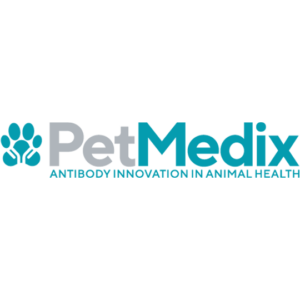
PetMedix
Antibody innovation in pet health – Petmedix builds on more than 30 years of world-leading innovation and human therapeutic drug development and applies the cutting edge of science to bring breakthroughs to pets, specifically, cats and dogs.
Two of PetMedix’s founders, Dr Allan Bradley and Dr Jolyon Martin are both former Sanger scientists – Allan Bradley, former Sanger Director and Jolyon Martin, former PhD student in Allan’s lab. Whilst at Sanger, their research focused on understanding mice genomes as a model for the study of genetics in mammals. This led to a technology allowing the production of human therapeutic antibodies in mice. The same concept was then applied to discovering and manufacturing antibodies to treat companion animals, a technology that was further developed by Petmedix.
Visit their website: https://www.petmedix.com/
Genomics Innovation team
The Genomics Innovation team at the Sanger Institute works to empower future innovators.


